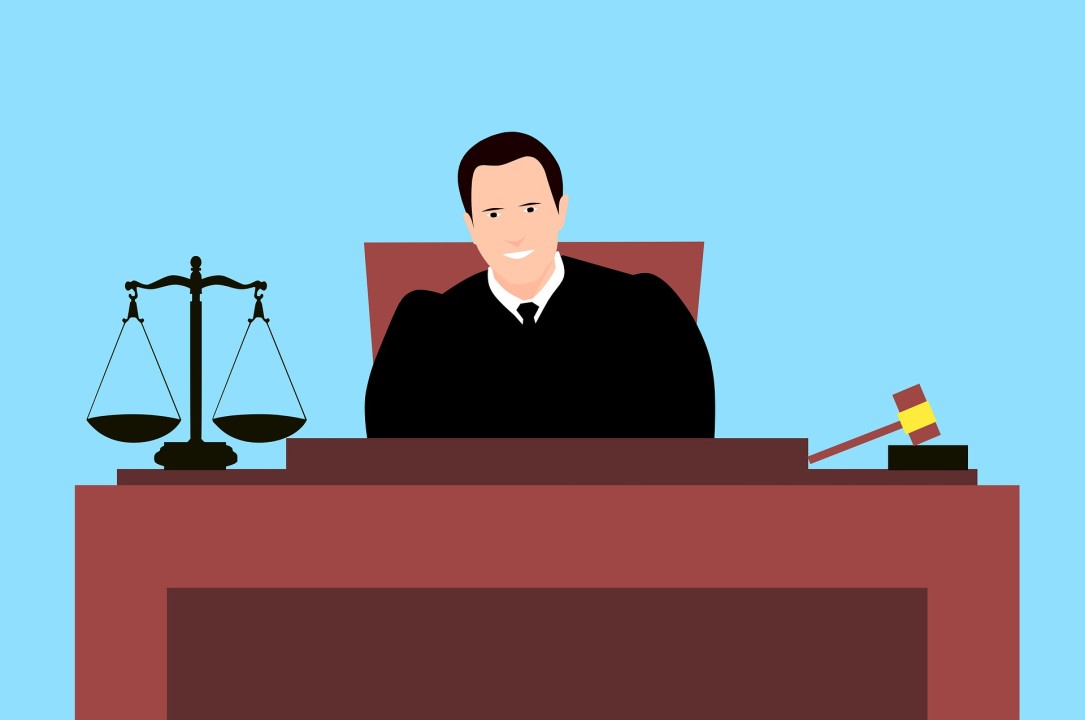
A challenge to a trial judge for cause is subject to waiver if not filed at the earliest practicable opportunity. North American Title waited a year in ****************************************North Am. Title Co. v. Sup. Ct. (Fresno) (D5 May, 19, 2023 No. F084913) --- Cal.Rptr.3d --- (2023 WL 3560761), before accusing the judge of bias for his statements that North American was playing a “shell game” to evade an eventual judgment. So the judge struck the statement of disqualifications as untimely.
But the Court of Appeal issued a writ reinstating the challenge. Tracing the legislative history, the Fifth District held that challenges based on personal bias were not subject to waiver.
Here, the trial judge in this wage-and-hour class action had grown frustrated after the title company defendant engaged in several acquisitions and name changes. The judge repeatedly accused the defendant of playing a “shell game,” engaging in “trickery” and “scheming” and “a corporate game of three-card monte,” and trying “every device to make sure that they evade the payment of their obligation.” And more like that.
For whatever reason, the defendant waited around a year before filing a statement of disqualification. But no matter. While a statement normally must be filed at the earliest practicable opportunity, the Court of Appeal noted that Code of Civil Procedure section 170.3, subdivision (b) specifically states “[t]here shall be no waiver of disqualification where the basis therefor is either of the following: [¶ ] (A) The judge has a personal bias or prejudice concerning a party. [¶ ] (B) The judge served as an attorney in the matter in controversy.” (People v. Barrera (1999) 70 Cal.App.4th 541, 547.)
Based on this and “the fundamental guiding principles put in place to protect the parties' and the public's confidence in the judiciary, disqualification based on the judge having personal bias or prejudice shall not be subject to waiver based on failing to present a statement at the earliest practicable opportunity under subdivision (c)(1).”
But won’t this invite abuse? The court noted that normally there is no reason for a party to delay before challenging the judge for bias. And if a party does delay to within 10 days before the start of a trial, under section 170.4(c), the challenge would not prevent the trial from going forward.